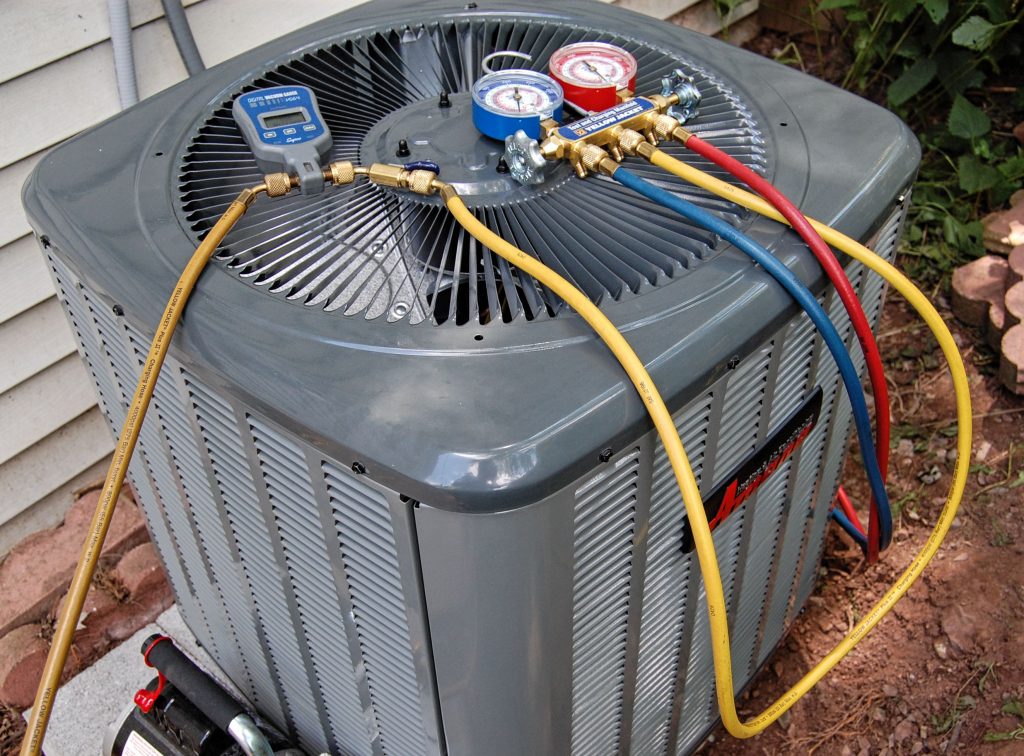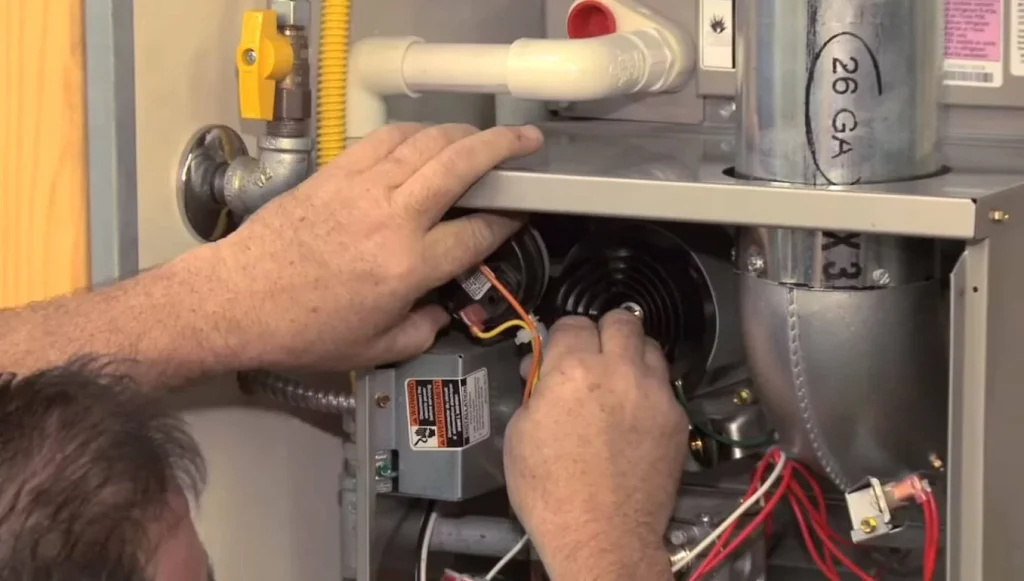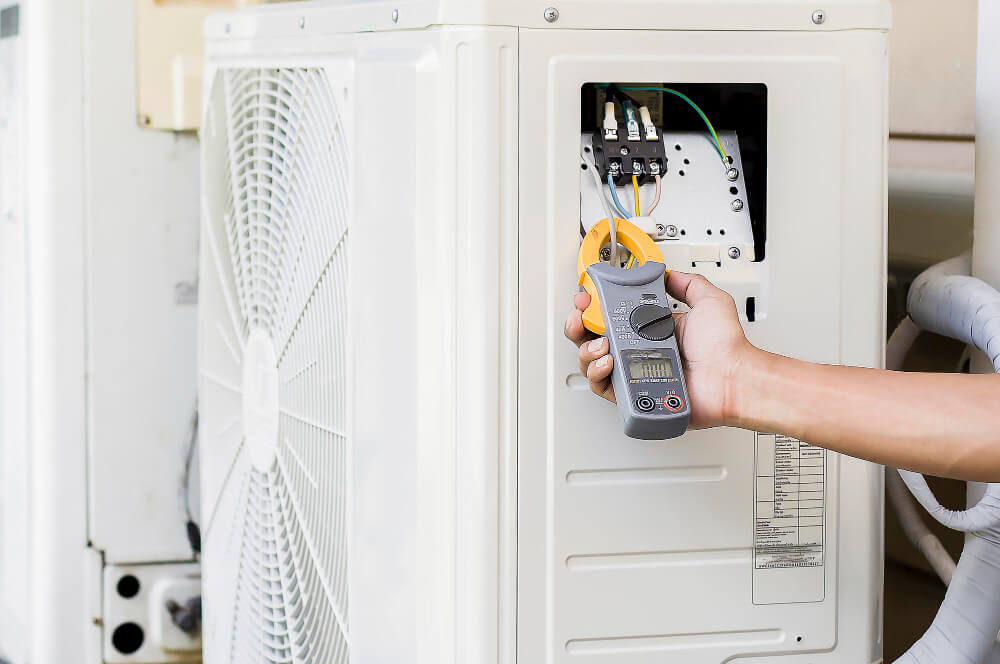HVAC systems are essential for maintaining a comfortable indoor environment. However, like all electrical systems, they can experience issues that disrupt their operation. One common problem is a blown fuse. In this blog, we will explore HVAC fuse blown symptoms, their causes, and what you can do to address them.

What is an HVAC Fuse?
Before diving into HVAC fuse blown symptoms, it’s important to understand what an HVAC fuse does. An HVAC fuse is a safety device designed to protect the system’s electrical components from damage caused by power surges or short circuits. When the electrical current exceeds safe levels, the fuse blows, cutting off power to prevent further damage.
Common HVAC Fuse Blown Symptoms
Recognizing HVAC fuse blown symptoms early can help prevent more serious issues and costly repairs. Here are some common signs to watch out for:
HVAC System Not Turning On
One of the most obvious HVAC fuse blown symptoms is the system’s failure to turn on. If your HVAC unit isn’t responding to thermostat commands, it could be due to a blown fuse interrupting the power supply.
No Airflow from Vents
Another clear indicator among HVAC fuse blown symptoms is a lack of airflow from the vents. Even if the system appears to be running, a blown fuse can prevent the blower motor from operating, resulting in no air circulation.
Unresponsive Thermostat
If the thermostat is unresponsive or blank, it might be due to a blown fuse. Since the thermostat relies on the HVAC system’s power, a blown fuse can cut off its energy supply, rendering it inactive.
Unusual Noises
Sometimes, HVAC fuse blown symptoms include unusual noises like buzzing or humming from the indoor or outdoor unit. These sounds can indicate electrical issues that might have caused the fuse to blow.
Frequent Fuse Blowing
If you find yourself frequently replacing fuses, this could be one of the HVAC fuse blown symptoms pointing to an underlying issue. Regular fuse blows might indicate problems such as short circuits, electrical surges, or faulty wiring.
Causes of HVAC Fuse Blown Symptoms
Understanding the causes behind HVAC fuse blown symptoms can help in preventing them. Common causes include:
Electrical Overload
An electrical overload occurs when too many devices draw power simultaneously, exceeding the system’s capacity. This can cause the fuse to blow as a protective measure.
Short Circuit
A short circuit happens when the electrical current takes an unintended path, often due to damaged wires or faulty components. This can lead to excessive current flow, blowing the fuse.
Ground Fault
A ground fault occurs when the electrical current finds an unintended path to the ground, often through a damaged wire or component. This can result in a blown fuse to prevent further damage.
Aging Components
Over time, the components of your HVAC system can wear out and fail, leading to electrical issues that cause the fuse to blow. Regular maintenance can help identify and replace aging parts before they cause problems.

Addressing HVAC Fuse Blown Symptoms
If you encounter HVAC fuse blown symptoms, it’s crucial to address them promptly. Here’s what you can do:
Check the Fuse
Locate the fuse in your HVAC system and inspect it for signs of damage or a break in the filament. If the fuse is blown, replace it with a new one of the same rating.
Inspect the Wiring
Check the wiring in your HVAC system for signs of damage, such as frayed or burnt wires. Damaged wiring can cause electrical issues that lead to blown fuses.
Professional Inspection
If you’re unable to identify the cause of HVAC fuse blown symptoms, it’s best to call a professional HVAC technician. They can perform a thorough inspection and diagnose the problem accurately.
Preventing HVAC Fuse Blown Symptoms
Regular maintenance is key to preventing HVAC fuse blown symptoms. Here are some preventive measures:
– Schedule annual HVAC inspections to identify and address potential issues.
– Ensure your system is not overloaded by distributing electrical loads evenly.
– Replace aging components before they fail and cause electrical problems.
– Keep the HVAC system clean and free from debris that can cause overheating and electrical issues.
Recognizing and addressing HVAC fuse blown symptoms is essential for maintaining the efficiency and reliability of your HVAC system. By understanding the signs and causes of a blown fuse, you can take timely action to prevent further damage and ensure a comfortable indoor environment. Regular maintenance and professional inspections are crucial in keeping your HVAC system running smoothly and avoiding costly repairs. if you notice any HVAC fuse blown symptoms, don’t hesitate to take the necessary steps to resolve the issue promptly.



